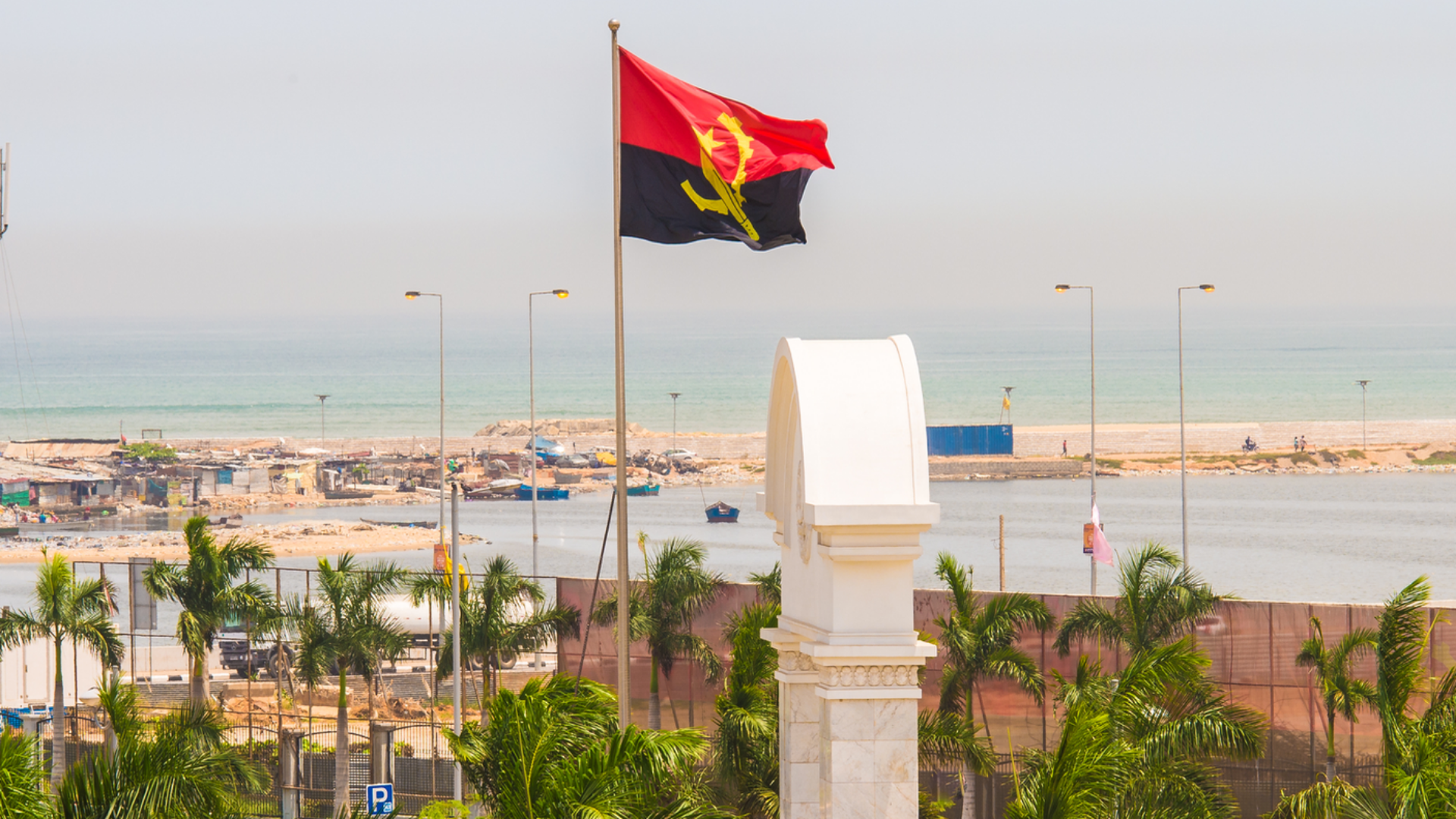Read more
Dorman Long Engineering, one of Nigeria’s leading oilfields equipment, structural steel, marine structures engineering and fabrication company has just secured a significant investment from Africa Capitalworks to support its expansion. Established in Nigeria back in 1949, Dorman Long Engineering has grown to be one of Nigeria’s leading industrial and infrastructure development players, notably by servicing the country’s hydrocarbons industry. It operates three manufacturing facilities in Lagos, including one at its head office at Idi-Oro, a galvanising plant in Agege and a waterfront facility at the Navy Dockyard. It has successfully executed major engineering services works, including onshore flow stations and major structural fabrication and erection, amongst others, for almost all oil majors and energy services companies operating in Nigeria. More recently, it was a contractor on the Anyala & Madu fields development for First E&P, where first oil was achieved in October 2020. Each field is developed with an unmanned conductor supported platform (CSP), a novel drilling and development technology deployed in the Niger Delta by Dorman Long Engineering and its partners. The company is currently a subcontractor on Seplat Energy’s 300 MMscfd ANOH gas plant, for which it is in charge of the fabrication of several components. The project is Nigeria’s biggest ongoing gas infrastructure development at the moment. The fresh investment officialised today will support Dorman Long Engineering’s refurbishment of its equipment and help the company increase its regional footprint, Chairman Timi Austen-Peters told Hawilti. By expanding existing yards, acquiring additional facilities and expanding its service offering, the company notably aims to tap into new industries such as solar and hydropower. The entry of Africa CapitalWorks will notably support the roll out of such plans and is likely to see Dorman Long Engineering taking on more work across Nigeria while it ventures into neighbouring markets. Africa CapitalWorks Holdings (ACW) is a relatively new vehicle, launched by the CapitalWorks Group to target mid-market companies in sub-Saharan Africa. CDC, the UK’s development finance institution, is a cornerstone investor into ACW and invested $40m in the company back in August 2017. The other major investor is South Africa’s Public Investment Corporation (PIC).
Ocean Yield’s Dhirubhai-1 FPSO, which had been contracted by Reliance Industries offshore India from September 2008 to September 2018, is the likely contender to be redeployed offshore Ghana for the development of the Deepwater Tano Cape Three Points block where lies the Pecan field. The vessel was converted in 2008 and has a oil production capacity of 60,000 barrels of oil per day (bopd). Ocean Yield is majority-owned by Aker Capital, whose company Aker Energy Ghana is the operator of the Deepwater Tano Cape Three Points block offshore Ghana. While KKR is set to take over the management of Ocean Yield from Aker Capital, Aker Energy still has an option to acquire the FPSO for its Ghanaian deep-water project. Aker Contracting FP ASA, an indirect subsidiary of Ocean Yield, and Aker Energy have notably entered into an agreement under which Aker Energy is granted an option to acquire the FPSO for $35m. However, the option is exercisable within a very particular timeframe: at the earliest 16 business days prior to settlement of KKR’s upcoming voluntary cash tender offer, and no later than 15 December 2021. Because Aker Energy had previously paid Ocean Yield $17.9m as compensation for prior options on the same FPSO and related services, Aker Energy’s total investment to purchase the FPSO will amount to $52.9m, shall the option by exercised. Discovered in the early 2010s by American independent Hess Corporation, the Pecan field is expected to be Ghana’s next major offshore oil & gas project. By the time the Aker Group acquired operatorship in 2018, Hess had already made seven discoveries, out of which all but one (Cob-1) had been declared commercial. The project has always been a priority for Ghana and targeted first oil by 2021, but suffered several delays, first because of the maritime boundary dispute between Ghana and Côte d’Ivoire, settled in 2017, then because of the Covid-19 pandemic. In March 2020, Aker Energy notably issued a notice to Yinson Holdings terminating the Letter of Intent for the FPSO’s charter, operations & maintenance contract it had initially planned to award to the Malaysian contractor. Since then, Aker Energy Ghana committed to finding a revised phased development to move the project forward, including via an alternate concept based on the utilisation of two small-sized FPSOs: one redeployed FPSO on the crest of Pecan in Phase 1 and another one in the North of Pecan to tie back additional resources in the northern part of the field in Phase 2. However, Ghanaian authorities have grown impatient and in August 2021, Minister of Energy Hon. Dr. Matthew Opoku Prempeh presented a paper to Ghana’s Parliament according to which the state-owned Ghana National Petroleum Corp (GNPC) would acquire a 37% additional interest in the Deep Water Tano/Cape Three Points (DWT/CTP) Block. The same day, Minister of Finance Hon Ken Ofori-Atta had presented a Loan Agreement between the Government of Ghana and GNPC Explorco for the grant of a loan of up to $1.65bn for the company to meet its payment obligation to acquire the shares in Aker Energy Ghana while also contributing to a Capex of $350m over the 2021-2024 period to achieve first oil from Pecan Phase 1.

